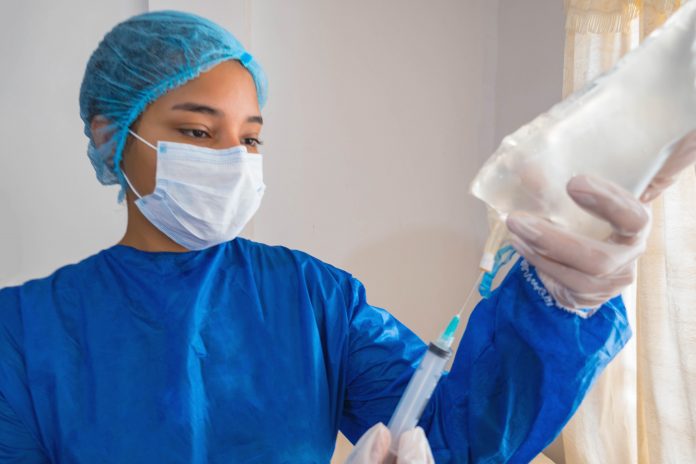New data from the REACT study finds that 14% of the UK population have antibodies against COVID-19 now, but that vaccine hesitancy is currently highest in London
The Real-time Assessment of Community Transmission (REACT) programme was commissioned by the Department of Health, to officially track how COVID-19 is spreading.
It seems that 92% of people surveyed either want the COVID vaccine or have already had their first dose. This is great news for herd immunity, which can be created if enough people in the population take the vaccine.
The majority of people in this research took the Pfizer vaccine.
Why are people hesitant to take the COVID vaccine?
According to this data, people are still worried about long-term health effects and side effects on taking a vaccine. People further had concerns about how the vaccine works, and whether it will work.
They were also concerned about current and planned pregnancy if they took the vaccine. Fertility rumours were created by a disgruntled German doctor and spread like wildfire, which we talk about here. Some people gave comorbidities and allergies as their stated reason for hesitating.
Vaccine hesitancy was more present in care home workers than in healthcare workers.
Who is scared to take the vaccine?
Not older people. Those aged 80 and above were 99% likely to take a COVID vaccine.
When it comes to race, White people are more likely to be comfortable with a vaccine than Black people. This is due to several reasons, ranging from rumours about side effects to a very real lived history of systematic racism from the UK Government. It can be difficult to trust medical intervention with that memory shadowing the present moment.
In London, there was the least confidence in taking a COVID vaccine. On the other hand, in the South West, there was the strongest likelihood of taking the COVID vaccine.
Professor Helen Ward, Professor of Public Health at Imperial, said: “We know that some groups have concerns about the vaccine, including some people at increased risk from COVID-19, so it is really important that they have opportunities to discuss these and find out more.”
Is the vaccination programme working?
It seems to be working, but this is very early stage data.
The research shows that 91% of people had antibodies after two doses of Pfizer, which rises to 95.5% in people under the age of 60. People above the age of 80 experienced an 88% chance of generating antibodies.
Young people under the age of 30 had a very strong level of antibodies, at 94.7% three weeks after their first dose.
Professor Graham Cooke, NIHR Research Professor of Infectious Diseases at Imperial College London, said: “We know that antibodies are important markers of previous infection and can also help to indicate whether people are responding to a vaccine. But we need more work to better understand the link between having antibodies and the impact on severe disease and transmission of infection.”











